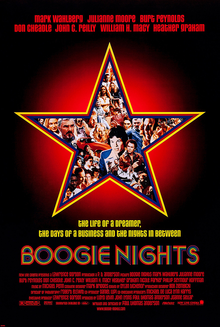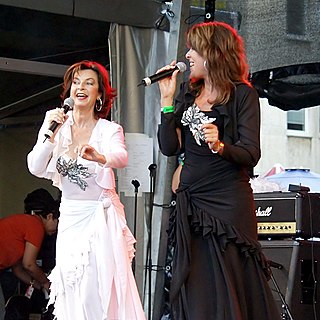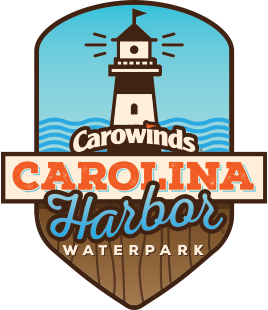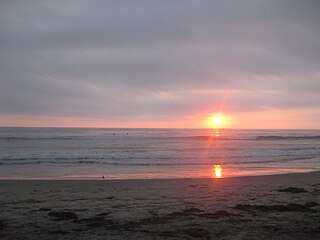
The Hawaiian Islands are an archipelago of eight major islands, several atolls, and numerous smaller islets in the North Pacific Ocean, extending some 1,500 miles from the island of Hawaiʻi in the south to northernmost Kure Atoll. Formerly the group was known to Europeans and Americans as the Sandwich Islands, a name that James Cook chose in honor of the 4th Earl of Sandwich, the then First Lord of the Admiralty. Cook came across the islands by chance when crossing the Pacific Ocean on his Third Voyage in 1778, on board HMS Resolution; he was later killed on the islands on a return visit. The contemporary name of the islands, dating from the 1840s, is derived from the name of the largest island, Hawaiʻi Island.
Boogie-woogie is a genre of blues music that became popular during the late 1920s, developed in African-American communities since 1870s. It was eventually extended from piano, to piano duo and trio, guitar, big band, country and western music, and gospel. While standard blues traditionally expresses a variety of emotions, boogie-woogie is mainly associated with dancing. The genre had a significant influence on rhythm and blues and rock and roll.
The music of Solomon Islands has received international attention since before the country became independent from the United Kingdom in 1978.

Albert Clifton Ammons was an American pianist and player of boogie-woogie, a blues style popular from the late 1930s to the mid-1940s.

Boogie Nights is a 1997 American period comedy-drama film written and directed by Paul Thomas Anderson. It is set in Los Angeles's San Fernando Valley and focuses on a young nightclub dishwasher who becomes a popular star of pornographic films, chronicling his rise in the Golden Age of Porn of the 1970s through to his fall during the excesses of the 1980s. The film is an expansion of Anderson's mockumentary short film The Dirk Diggler Story (1988), and stars Mark Wahlberg, Julianne Moore, Burt Reynolds, Don Cheadle, John C. Reilly, William H. Macy, Philip Seymour Hoffman, and Heather Graham.

Mesa/Boogie is an American company in Petaluma, California, that manufactures amplifiers and other accessories for guitars and basses. It has been in operation since 1969.
Boogie is a repetitive, swung note or shuffle rhythm, "groove" or pattern used in blues which was originally played on the piano in boogie-woogie music. The characteristic rhythm and feel of the boogie was then adapted to guitar, double bass, and other instruments. The earliest recorded boogie-woogie song was in 1916. By the 1930s, Swing bands such as Benny Goodman, Glenn Miller, Tommy Dorsey and Louis Jordan all had boogie hits. By the 1950s, boogie became incorporated into the emerging rockabilly and rock and roll styles. In the late 1980s and the early 1990s country bands released country boogies. Today, the term "boogie" usually refers to dancing to pop, disco, or rock music.

Baccara was a female vocal duo formed in 1977 by Spanish artists Mayte Mateos and María Mendiola. The duo rapidly achieved international success with their debut single "Yes Sir, I Can Boogie", which reached number one across much of Europe and became the best-selling single of all-time by a female group, eventually selling more than 18 million copies worldwide. A successful follow-up single and European tour led to a number of album releases, numerous television appearances and the duo's selection to represent Luxembourg in the Eurovision Song Contest 1978.

Carolina Harbor is a water park at Carowinds amusement park in Charlotte, North Carolina. Included with the price of admission to Carowinds, the water park is owned and operated by Cedar Fair.

"Yes Sir, I Can Boogie" is a 1977 hit single by the Spanish vocal duo Baccara. Written by Frank Dostal and Rolf Soja, and produced by Soja, this song was a hit across Europe and became the duo's sole number one single in the United Kingdom, spending a single week at the top of the UK Singles Chart in October 1977.

"Blame It on the Boogie" is a song released in 1978 by English singer-songwriter Mick Jackson. It has been covered by numerous other artists, including The Jacksons. The song was performed on Musikladen, Aplauso, Sonja's Goed Nieuws Show and ABBA Special: Disco in the Snow Part 1.

San Elijo State Beach is a California State Beach in San Diego County, California, United States.

Lawrence "Kris" Parker, better known by his stage names KRS-One and Teacha, is an American rapper from New York City. He rose to prominence as part of the hip hop group Boogie Down Productions, which he formed with DJ Scott La Rock in the mid-1980s. KRS-One is known for his songs, "Sound of da Police", "Love's Gonna Get'cha ", and "My Philosophy". Boogie Down Productions received numerous awards and critical acclaim in their early years. Following the release of the group's debut album, Criminal Minded, fellow artist Scott La Rock was shot and killed, but KRS-One continued the group, effectively as a solo project. He began releasing records under his own name in 1993. He is politically active, having started the Stop the Violence Movement after Scott's death. He is also a vegan activist, expressed in songs such as "Beef". He is widely considered an influence on many hip-hop artists.
Boogie is a rhythm and blues genre of electronic dance music with close ties to the post-disco style, that first emerged in the United States during the late 1970s to mid-1980s. The sound of boogie is defined by bridging acoustic and electronic musical instruments with emphasis on vocals and miscellaneous effects. It later evolved into electro and house music.

Blues and Boogie Shoes is an album by the Keene Brothers, a band formed by Robert Pollard and Tommy Keene. It was released in 2006.

Endless Boogie is a studio album by American blues musician John Lee Hooker, released in 1971 through ABC Records. Produced by Bill Szymczyk and Ed Michel, the double album was recorded at Wally Heider Recording with session musicians such as Jesse Ed Davis, Carl Radle, Steve Miller, Gino Skaggs and Mark Naftalin.

Endless Boogie is an American rock band, formed in 1997 in Brooklyn, New York. The current line-up of the band consists of Paul Major, Jesper Eklow (guitar), Marc Razo (bass) and Harry Druzd (drums). The band takes its name from John Lee Hooker's 1971 album of the same name.

Artist Julius Dubose, known professionally as A Boogie wit da Hoodie, is an American rapper, singer, and songwriter. He is signed to Atlantic Records, as well as his own label imprint, Highbridge the Label. His stage name is derived from the character "Ace Boogie" from the 2002 film Paid in Full, and because he was wearing hoodies all the time, friends gave him the nickname "A Boogie wit da Hoodie".














